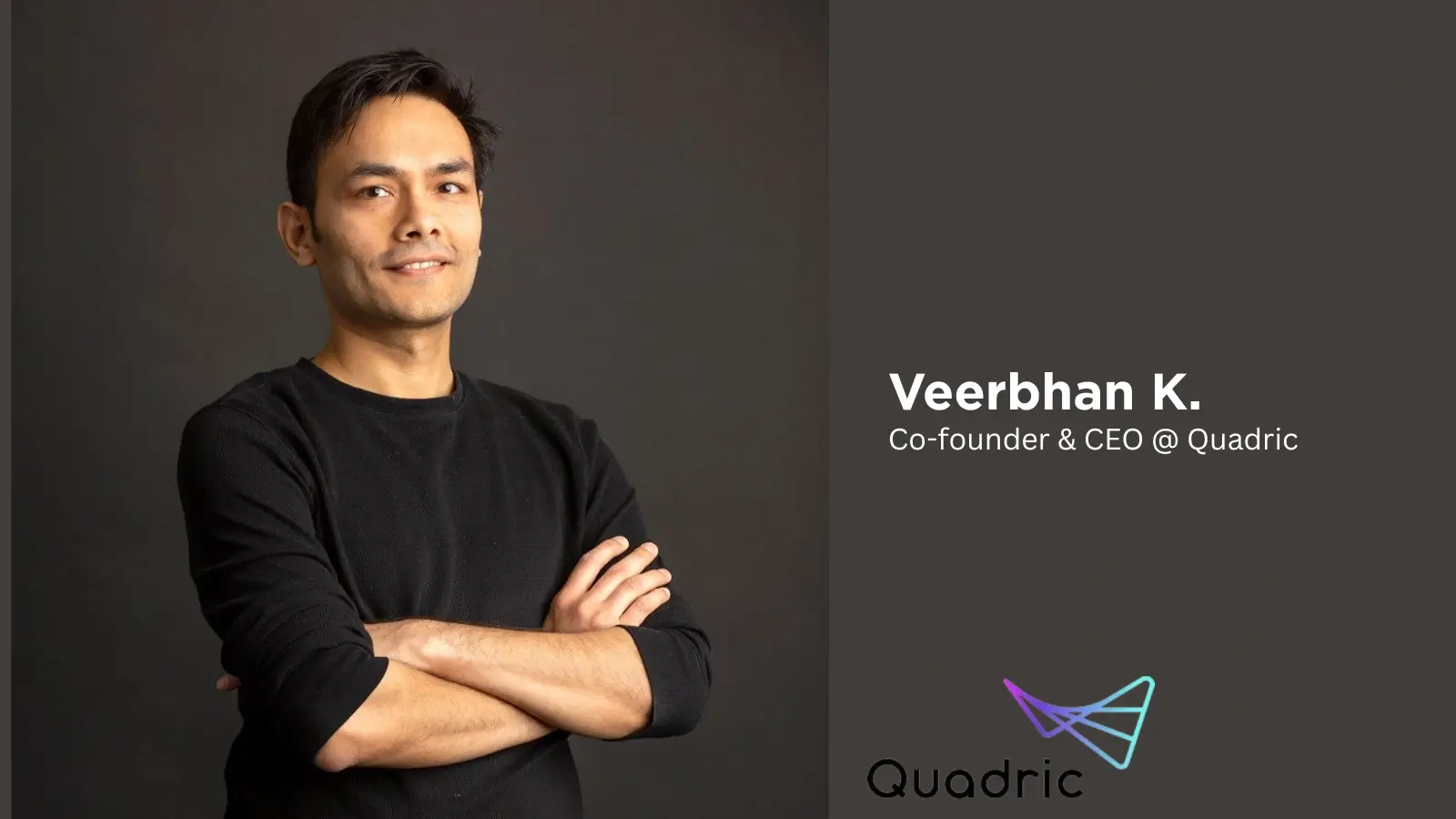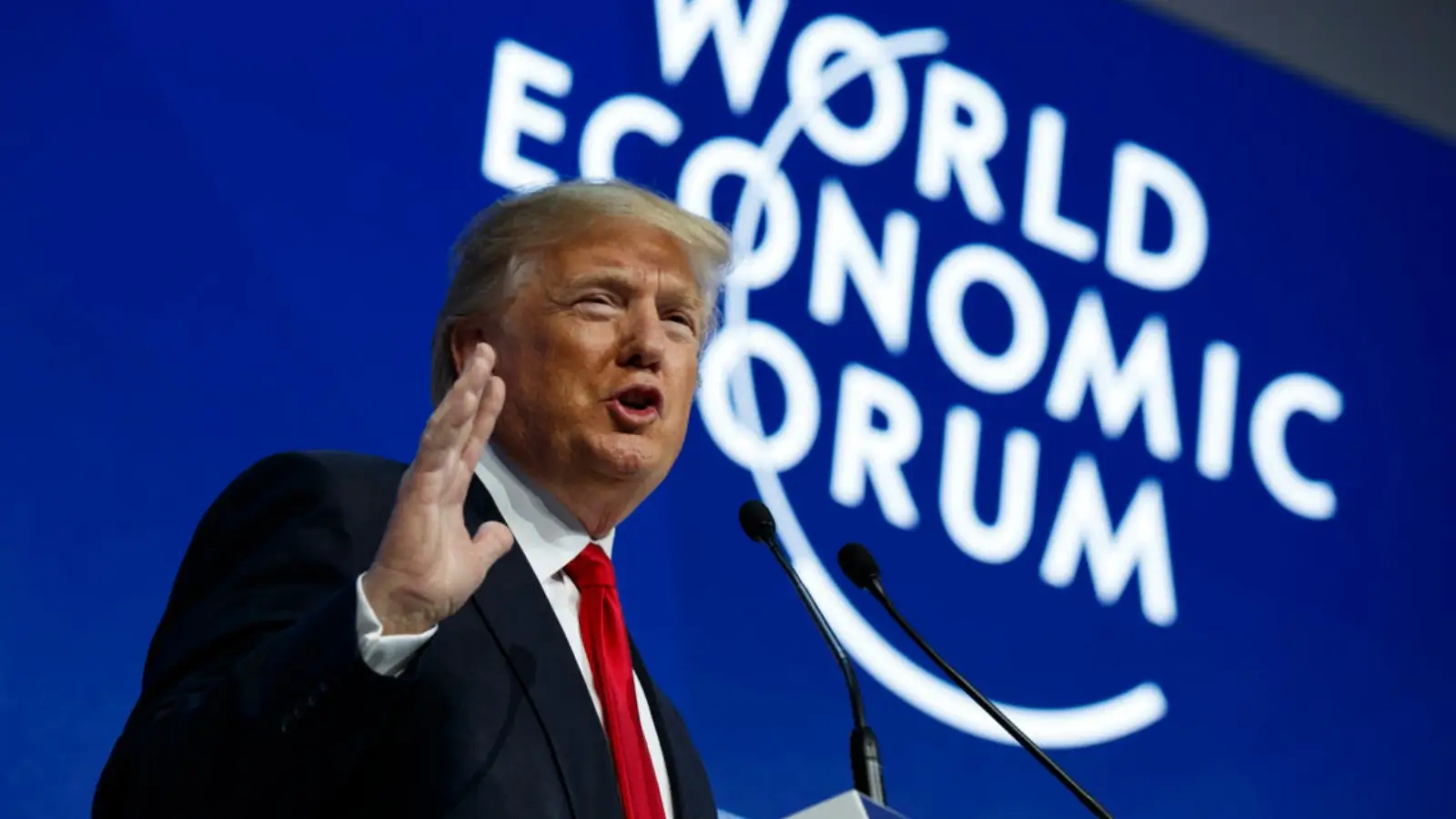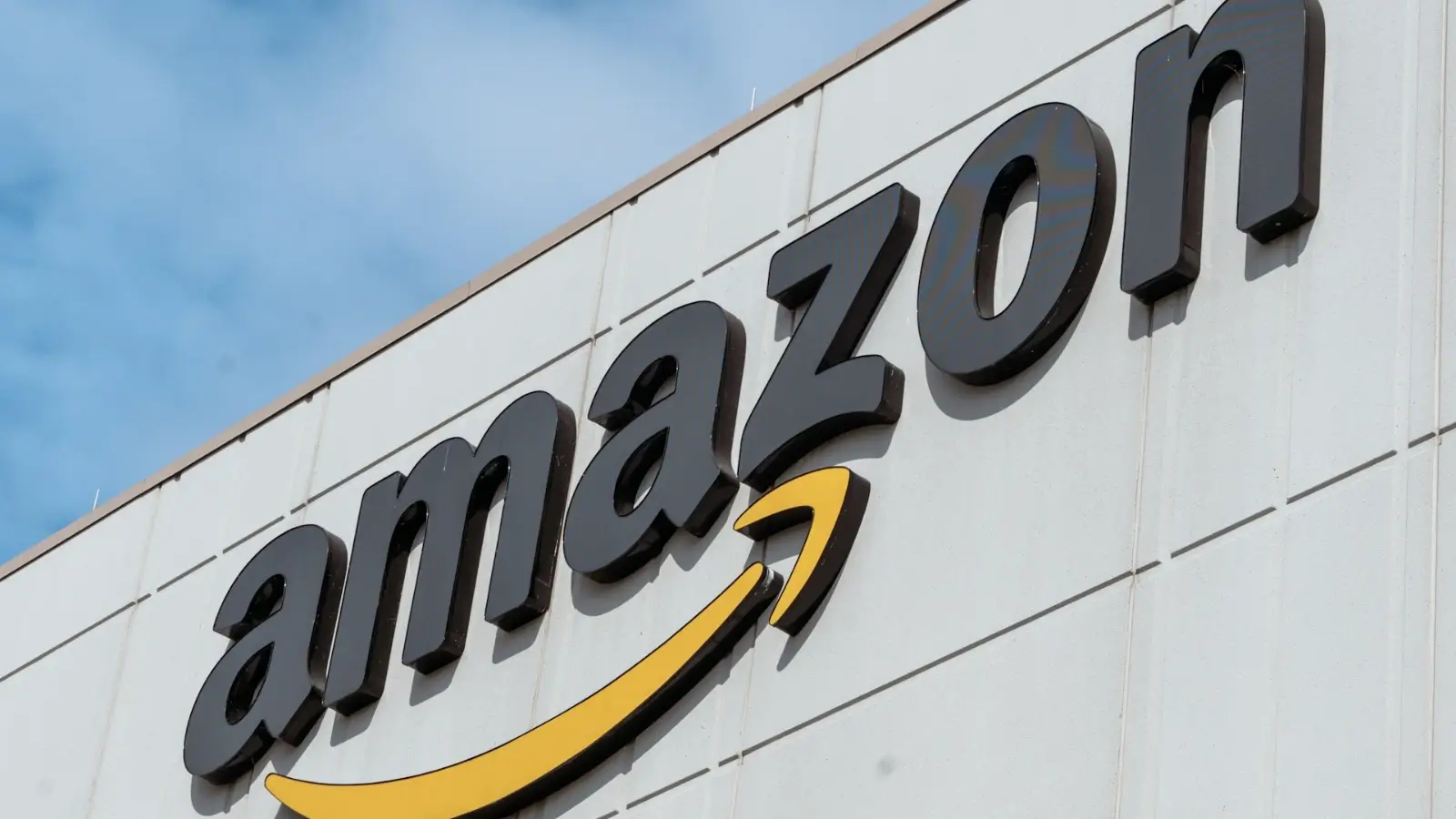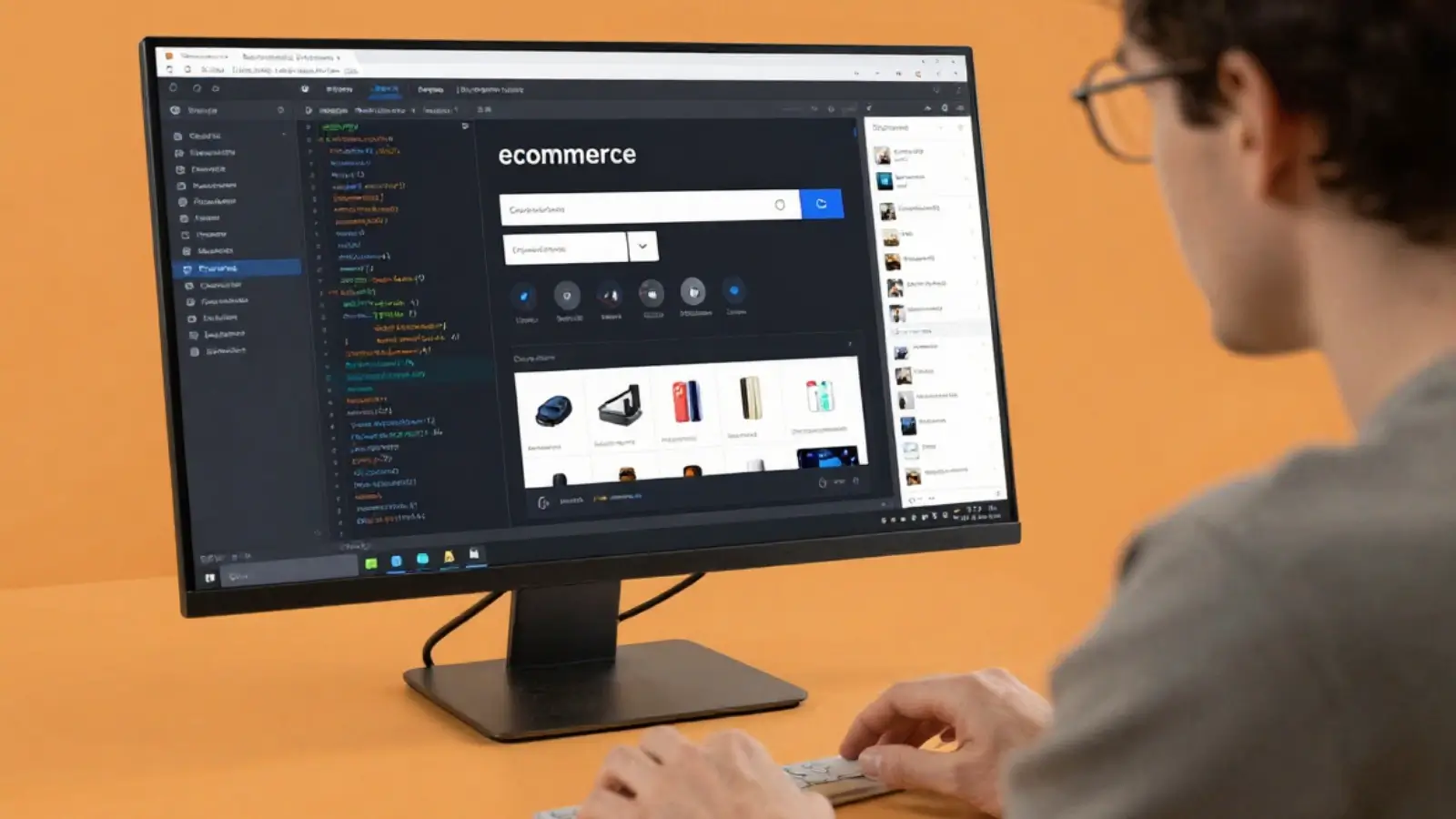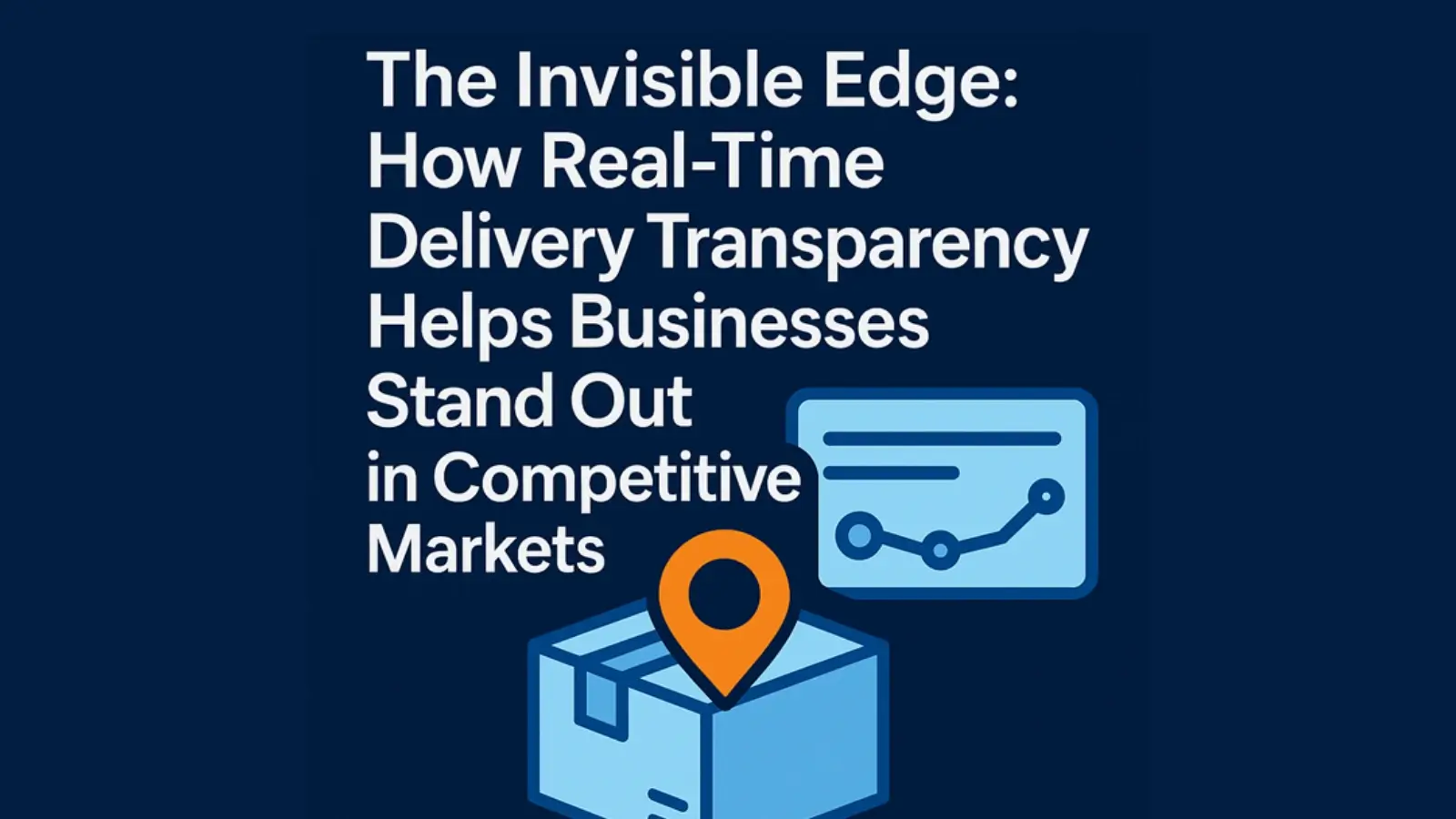Keychain: Bridging the Gap Between Brands and Manufacturers for a Seamless Supply Chain

Consumer brands have increasingly distanced themselves from the actual manufacturers who produce their goods, according to Keychain CEO Oisin Hanrahan. He argues that many brands today are reduced to little more than a name and a marketing strategy, with little connection to the manufacturing process.
Hanrahan aims to change this dynamic with Keychain, a platform designed to bridge the gap between brands and manufacturers. Through Keychain, companies can identify the producers behind various products and explore potential partnerships for future collaborations.
As a demonstration, Hanrahan looked up the brands behind the granola and yogurt he eats for breakfast. He explained that a large retailer could use this information to develop a private label version of those products or a new brand might leverage it to create healthier or more environmentally friendly alternatives.
Before Keychain, Hanrahan, alongside Umang Dua, co-founded the home services marketplace Handy, which was eventually acquired by ANGI Homeservices. Hanrahan served as CEO of ANGI until 2023, after which he, Dua, and Jordan Weitz launched Keychain.
In November 2023, Keychain, headquartered in New York, secured $18 million in seed funding led by Lightspeed Venture Partners and officially launched in February. Since then, major brands and retailers have utilized the platform to fulfill manufacturing needs worth $500 million.
Hanrahan highlighted that the significant seed round allowed Keychain to build an extensive database of products. With the help of AI, the company has indexed over 763,000 products from more than 24,000 manufacturers, combining purchased data with firsthand information.
Recently, Keychain opened an office in Austin and signed Carvel cake-maker Rich Products as a client. The company also hired Mitchell Madoff, formerly of Whole Foods, as head of retail partnerships.
Kevin Spratt, Rich Products’ regional president for the U.S./Canada, described the collaboration as a strategic move that would drive growth, foster innovation, and deliver unique value to customers. Similarly, Paul Voge, CEO of beverage company Aura Bora, praised Keychain for streamlining their supply chain and saving valuable time and resources.
Hanrahan pointed out several larger market trends fueling demand for Keychain, including U.S. trade policies favoring domestic manufacturing and a growing consumer interest in products tailored to specific nutritional and allergy needs.
Ultimately, Hanrahan envisions Keychain as the software layer that connects all elements of the supply chain, linking manufacturers, packaging, and beyond. "We want to build the software layer that connects all those pieces," he said.

